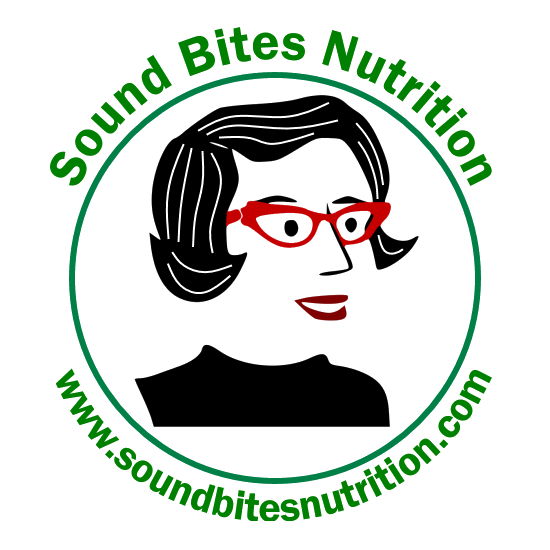The Sunshine Nutrient
 The latest nutrient to get a lot of attention is vitamin D. It's best known for the role it plays in building healthy bones, but recent studies suggest it may help protect against cancer, diabetes and heart disease. There is also evidence it boosts immune function and protects against the common cold.The recommended daily intake for vitamin D varies with age. Adequate intakes for men and women are 200 International Units (IU) through age 50, 400 IU for 51 - 70 year olds, and 600 IU for those 71 years old or older. The tolerable upper level limit is set at 2,000 IU, but new research indicates a level as high as 10,000 IU could be tolerated. Researchers believe any 'surplus' vitamin D would make the most of dietary calcium and possibly fight cancer and boost immunity.Vitamin D is known as the sunshine nutrient because our bodies can make it naturally when our skin is exposed to sunlight. So if we can easily produce this nutrient, why are three out of four Americans suffering from a vitamin D deficiency?The answer may be found in lifestyle changes. People are less active, stay indoors, and use sunscreen when they go outside. There is also a decline in milk consumption, one of the most commonly-fortified dietary sources.There is also evidence to indicate we have more difficulty converting sunlight to vitamin D as we age. This can also add to the vitamin deficiency as we live longer and the population continues to age.Another reason for vitamin D deficiency could be that there are very few foods that naturally contain vitamin D. Common food sources are:
The latest nutrient to get a lot of attention is vitamin D. It's best known for the role it plays in building healthy bones, but recent studies suggest it may help protect against cancer, diabetes and heart disease. There is also evidence it boosts immune function and protects against the common cold.The recommended daily intake for vitamin D varies with age. Adequate intakes for men and women are 200 International Units (IU) through age 50, 400 IU for 51 - 70 year olds, and 600 IU for those 71 years old or older. The tolerable upper level limit is set at 2,000 IU, but new research indicates a level as high as 10,000 IU could be tolerated. Researchers believe any 'surplus' vitamin D would make the most of dietary calcium and possibly fight cancer and boost immunity.Vitamin D is known as the sunshine nutrient because our bodies can make it naturally when our skin is exposed to sunlight. So if we can easily produce this nutrient, why are three out of four Americans suffering from a vitamin D deficiency?The answer may be found in lifestyle changes. People are less active, stay indoors, and use sunscreen when they go outside. There is also a decline in milk consumption, one of the most commonly-fortified dietary sources.There is also evidence to indicate we have more difficulty converting sunlight to vitamin D as we age. This can also add to the vitamin deficiency as we live longer and the population continues to age.Another reason for vitamin D deficiency could be that there are very few foods that naturally contain vitamin D. Common food sources are:
Salmon, 3.5 ounces contain 360 IUTuna fish canned in oil, 3 ounces contain 300 IUSardines packed in oil, 1.75 ounces contain 250Egg contains 20 IUBeef liver, 3.5 ounces contain 15 IU
Americans get the majority of their dietary vitamin D from fortified foods:
Ready-to-eat cereal, about 1 cup, 400 IUMilk, all fat levels, 1 cup, 98 IUMargarine, 1 tablespoon, 60 IUOrange juice and yogurt, some brands may also be fortified
A simple blood test can determine if you are taking in enough vitamin D. If not, add vitamin D-rich foods and fortified foods to your diet, get outside and soak up some sun, and consider a supplement..
